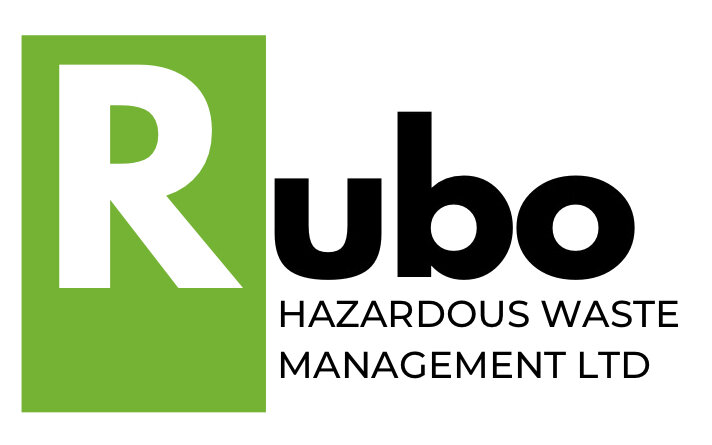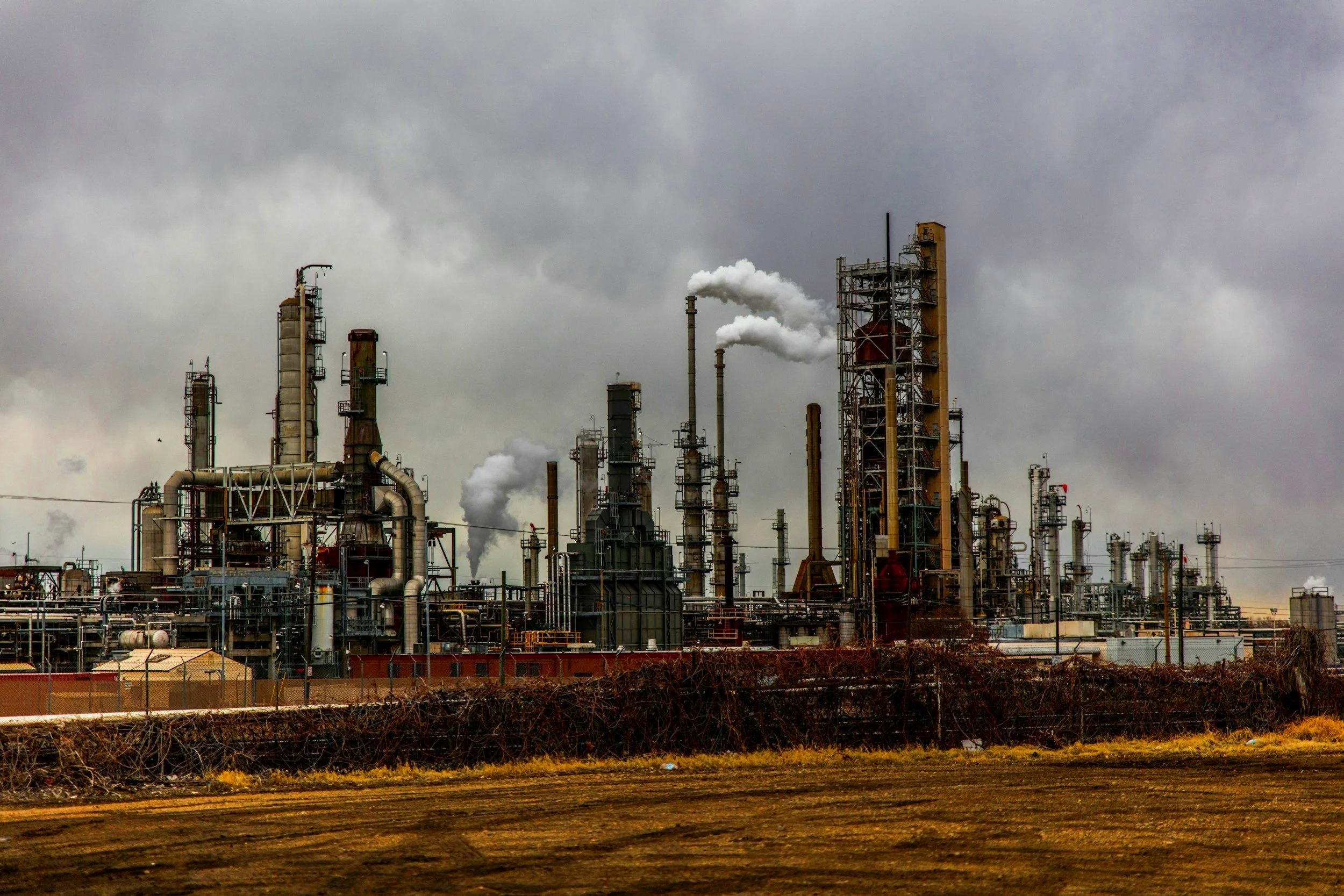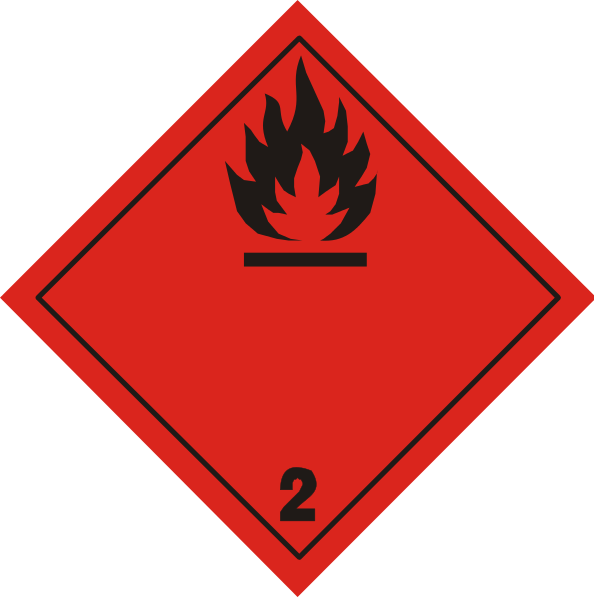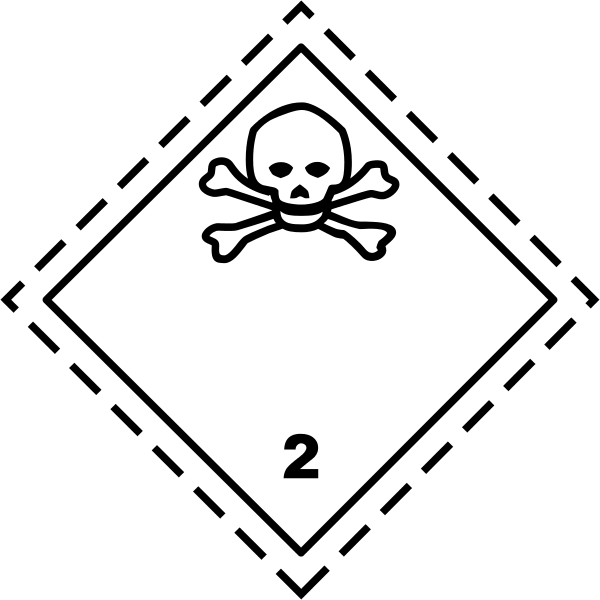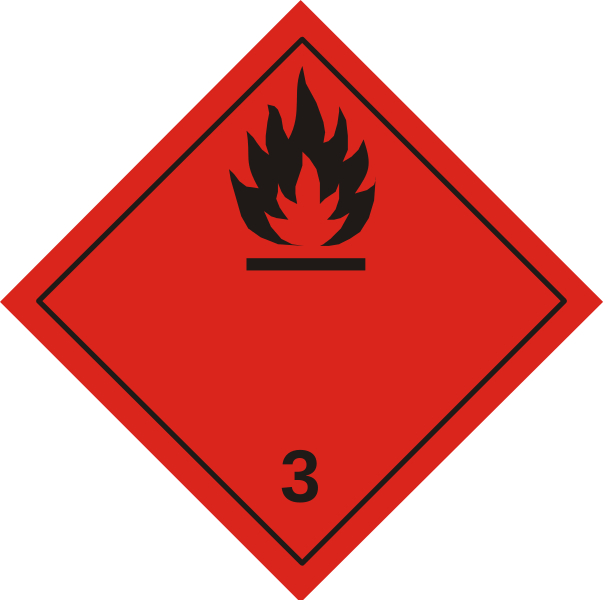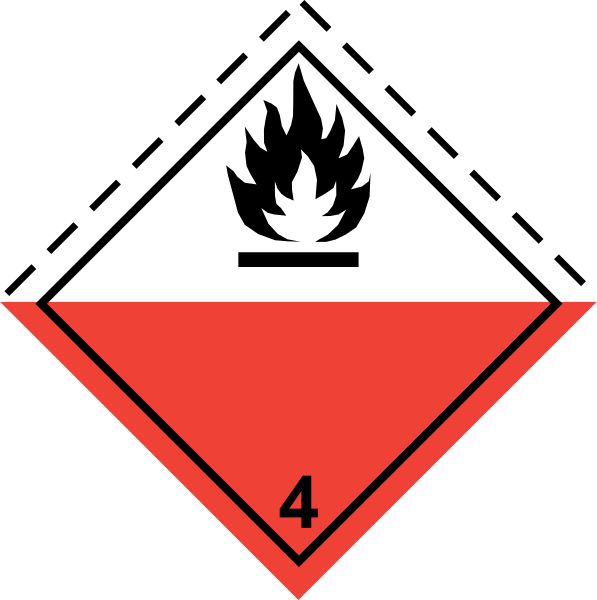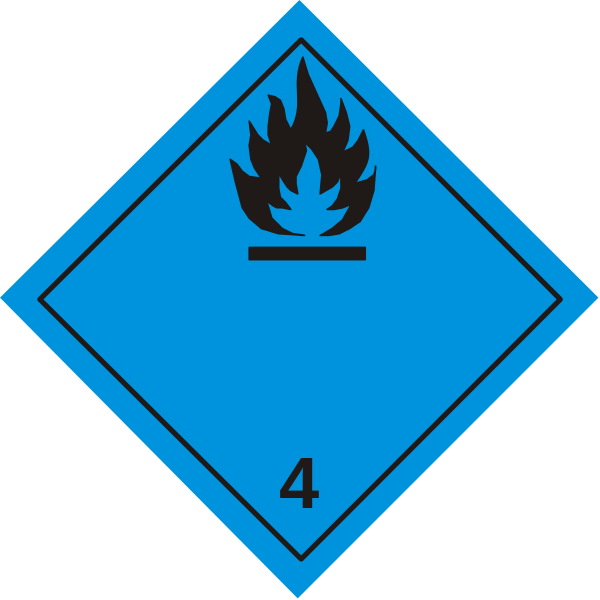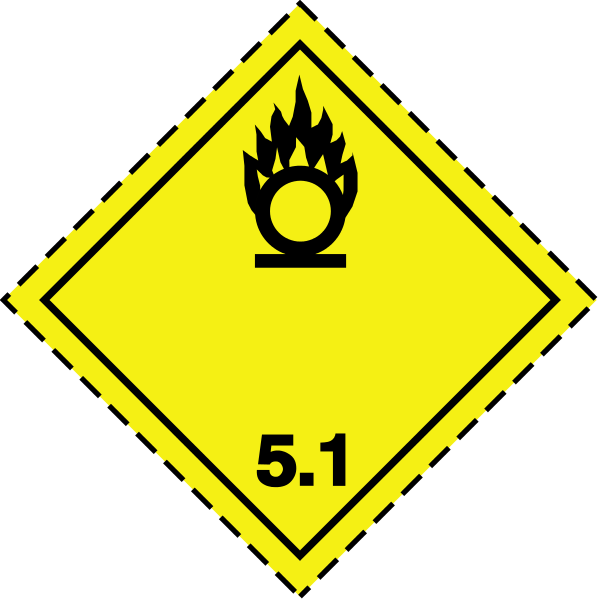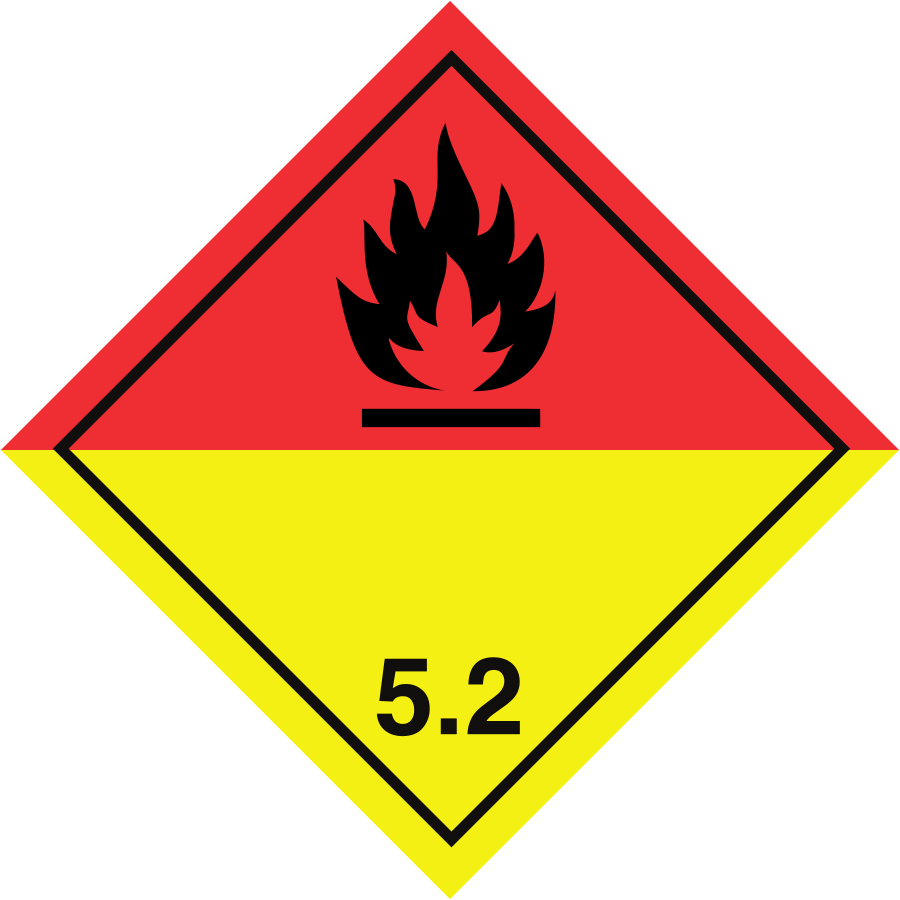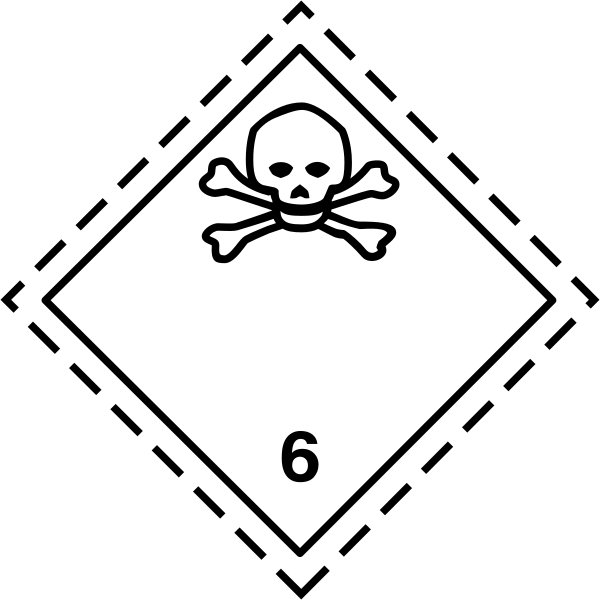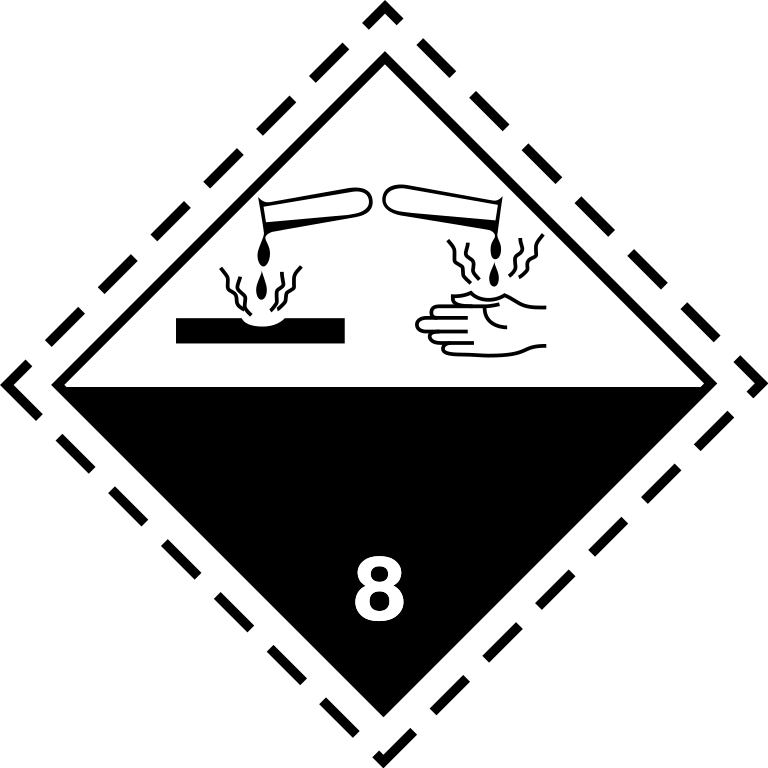
Waste Sampling & Analysis: Accurate, Compliant Waste Testing
At Rubo, we provide expert waste sampling and analysis services to ensure your business meets all legal requirements for safe and compliant waste management. Our reliable solutions help you properly classify and dispose of hazardous and non-hazardous waste.
Contact us today for a professional waste assessment and tailored advice.
Waste Sampling & Analysis Services: Safe & Compliant Waste Testing
At Rubo, we provide comprehensive waste sampling and analysis through our network of UKAS-approved laboratories. Our trained chemists can visit your site to sample your waste and handle all courier services, making the process hassle-free. With accurate waste analysis, we can choose the best disposal methods, protect the environment, and offer cost-effective solutions.
Our team is committed to delivering excellent customer service, reliable waste collection, and environmentally friendly waste management. Contact us today for expert waste testing and management solutions.
Hazardous Waste Testing Services
Rubo offers a range of hazardous waste testing, tailored to your specific needs. Our testing ensures safe disposal and compliance with regulations.
Types of Hazardous Waste Testing
Waste Acceptance Criteria (WAC) Testing: WAC testing is used by waste disposal sites, like landfills, to determine if waste meets their specific acceptance criteria.
Waste Composition Analysis (WCA): This process involves categorising and analyzing waste streams to understand their composition, helping businesses reduce landfill use and improve recycling efforts. WCA is a crucial step in achieving sustainability goals such as "Zero to Landfill"
Calorific Value (CV) Testing: This test measures how much heat is produced when waste is burned, helping determine its suitability as an alternative fuel.
Polychlorinated Biphenyls (PCB) Testing: PCBs are harmful chemicals found in old electrical equipment. Testing for PCBs ensures safe disposal and environmental protection.
Loss on Ignition (LOI): This test is used to determine the organic content in waste by heating the sample and measuring weight loss, which helps assess whether waste is suitable for landfill disposal
pH Testing: pH testing checks if waste is acidic or alkaline, which is key for determining if it’s corrosive and how it should be handled safely.
Leachate Analysis: This test focuses on assessing how waste materials may release hazardous substances into groundwater or nearby water bodies. It’s essential for landfills and waste storage sites
Flashpoint Testing: This test measures the temperature at which waste ignites, helping assess whether the waste is flammable.
Toxic/Heavy Metals Testing: Tests for harmful metals like mercury, lead, and arsenic to ensure proper disposal and avoid environmental damage.
Halogen Testing (Chlorine, Bromine, Fluorine & Iodine): Testing for halogens is important for waste that will be incinerated, as these chemicals can release toxic gases when burned.
Persistent Organic Pollutants (POPs) Testing: POPs are harmful, long-lasting chemicals that accumulate in the environment. Testing for POPs like DDT and PCBs ensures safe waste disposal.
Total Petroleum Hydrocarbons (TPH) Testing: TPH testing identifies petroleum compounds like benzene and toluene, which are crucial in determining if the waste is hazardous.
Sulphur Testing: Sulphur testing is essential for waste headed for incineration, as it can release toxic gases during combustion.
Asbestos Testing: Asbestos is a hazardous material. Testing for its presence in waste is critical for safe handling and disposal.
Water Content Testing: Water content testing is important for waste that will be incinerated, helping ensure proper combustion efficiency.
Your Partner for Waste Testing and Management
Rubo provides expert waste sampling and analysis to ensure your business meets all legal requirements for hazardous and non-hazardous waste.
